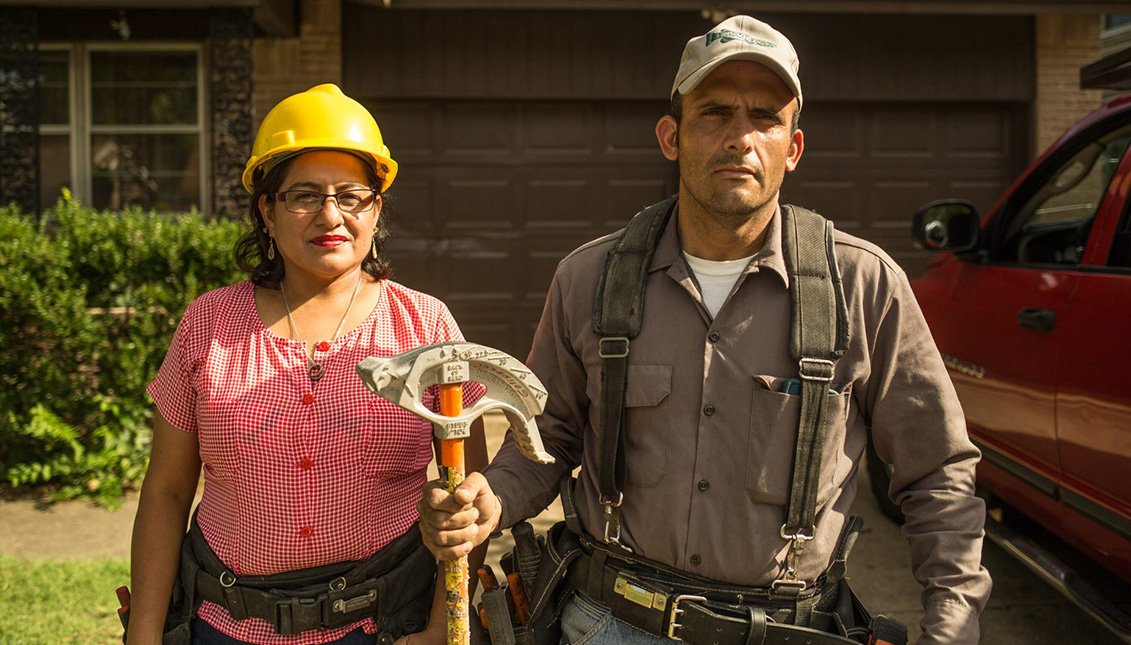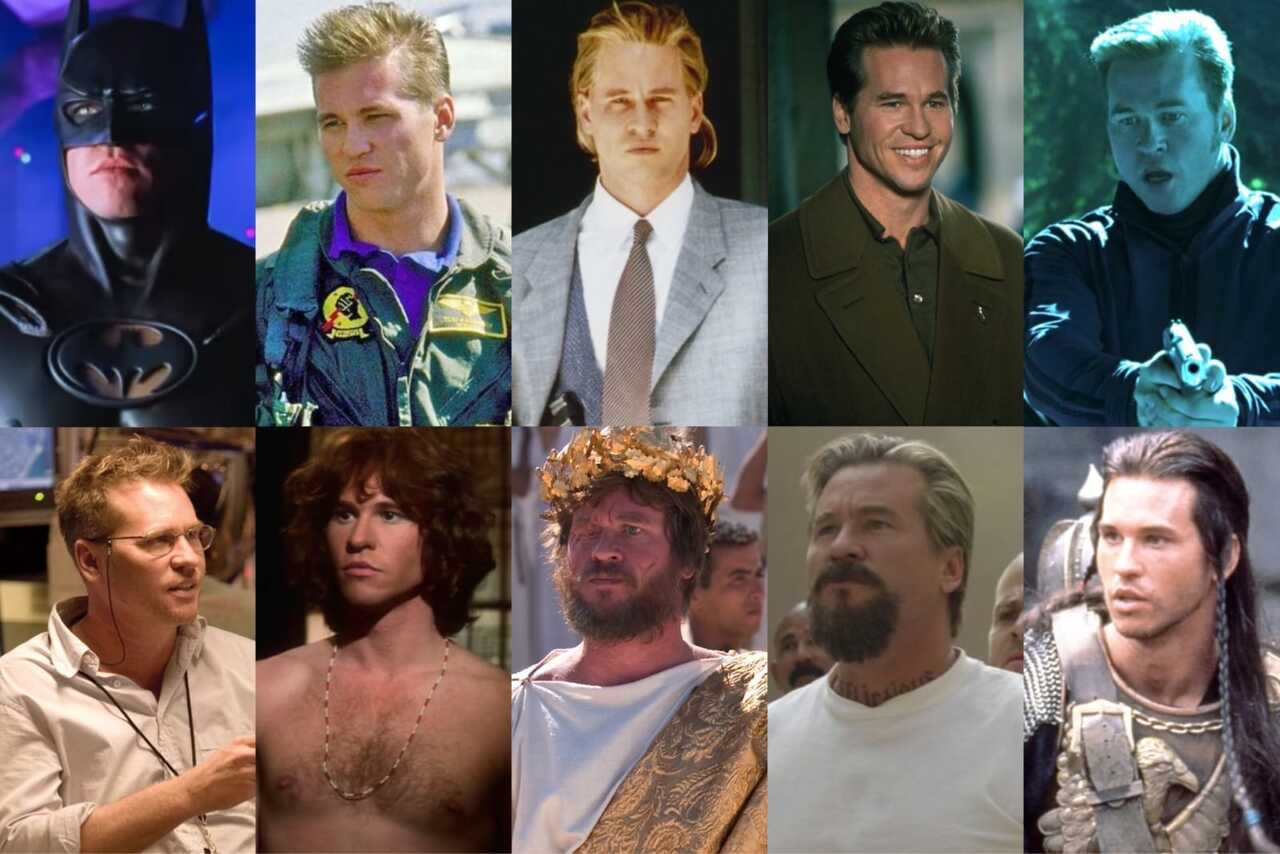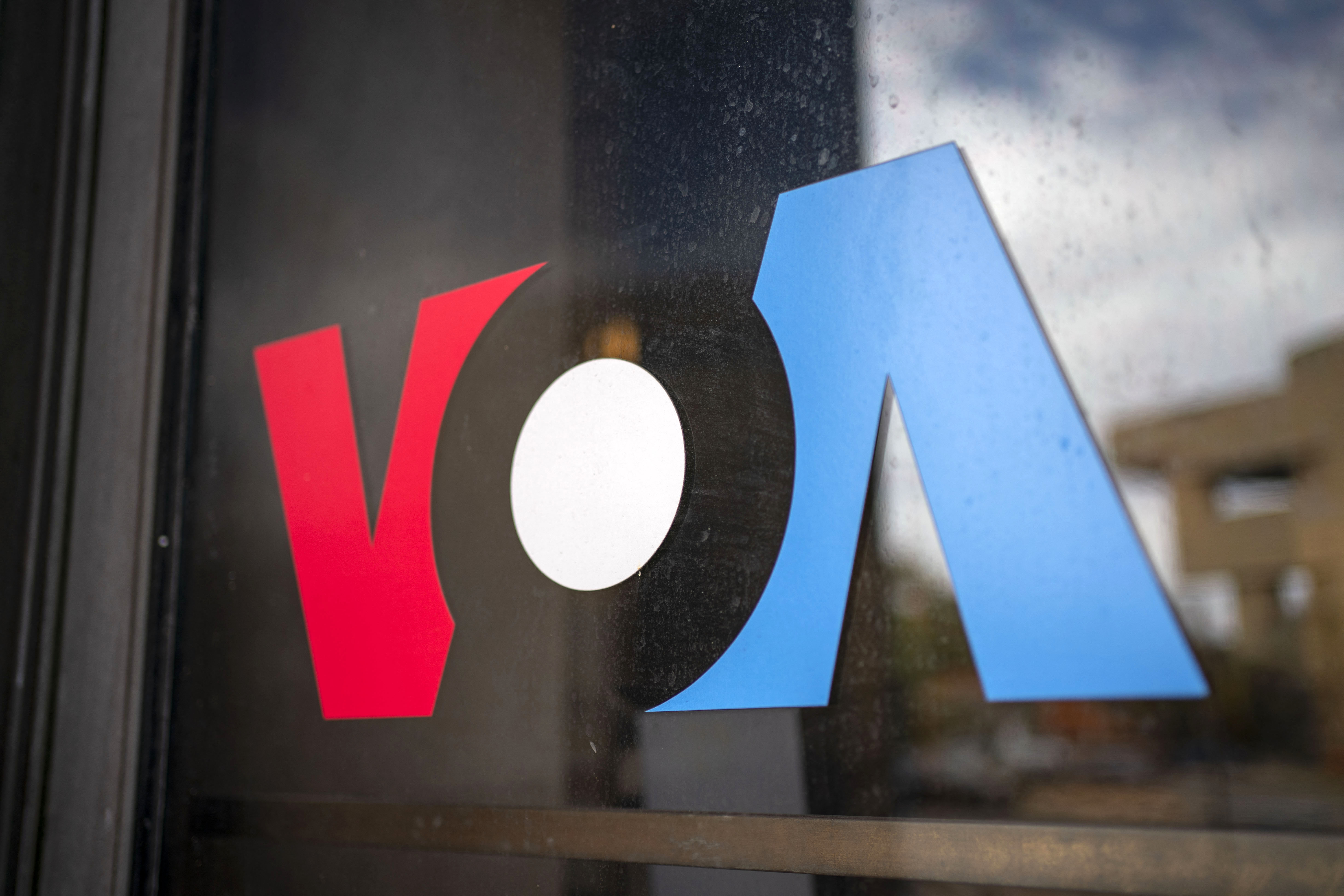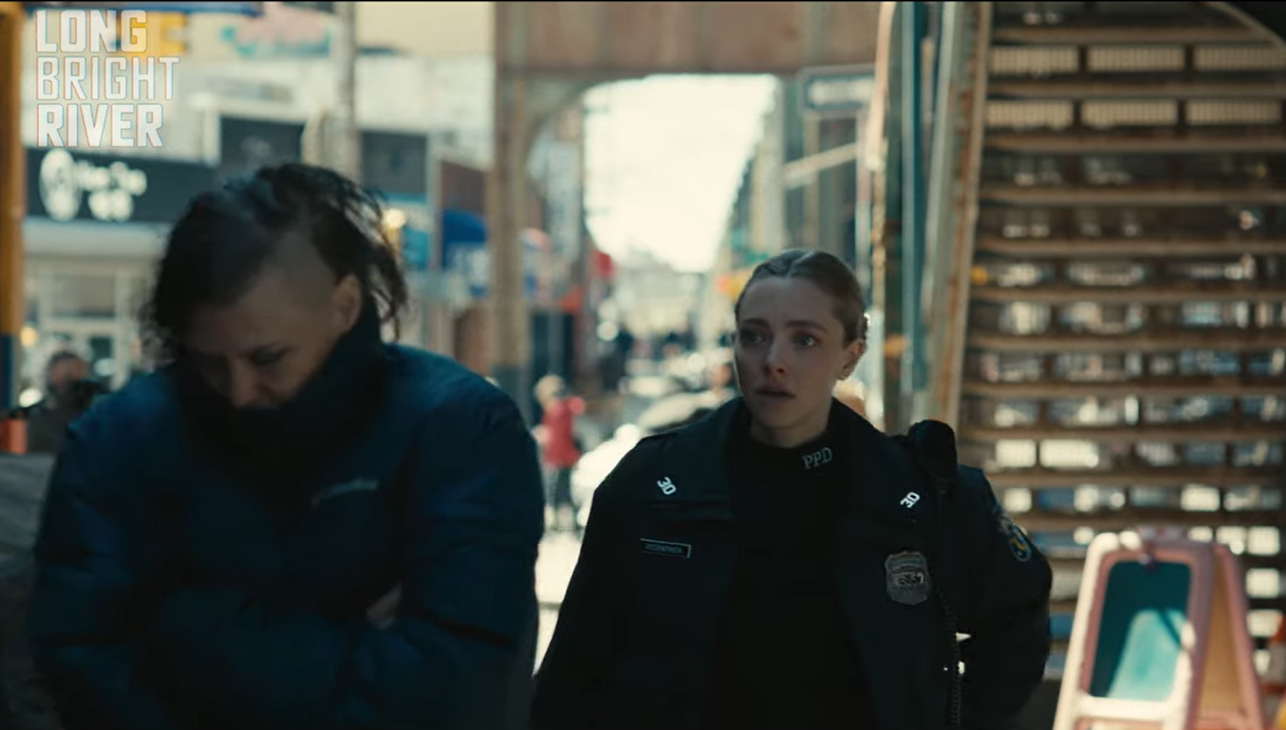
If you want to know what the streets of Texas hide, ask a Latino worker
Chelsea Hernandez reveals in 'Building the American Dream' the intricacies of the construction industry, which every day claims more victims in "preventable"…
In the modern city of Dallas, glass skyscrapers sparkle under the sun of justice. From the concrete, buildings grow like mushrooms where there were only fields. The concrete mixers spin frantically, and a crowd of men hangs from the scaffolding walking on them like trapeze artists.
In recent years, Texas has become the epicenter of the construction industry in America, in large part attracted by its lax labor laws that favor junk contracts for workers under conditions so precarious that the work is cheap, but lives are paid dearly. Above all, Latino and migrant lives.
Filmmaker Chelsea Hernández knows well what lies beneath the state's proud foundation. Born in San Antonio but raised in Austin, the first time she was sure that a migrant's life was worth much less than brick for construction companies was at the beginning of college in 2009, when she found out that three workers had died building luxury student apartments.
That was the seed for a documentary that she and her team took five years to make, in which they spent several years gaining the trust and following several Latino families fighting for their rights within the Workers Defense Project (WDP).
Some of them have lost a child in preventable workplace accidents because companies fail to provide safety measures or training; for others, the contractor refused to pay their wages, threatened to report them, or left them injured in the hospital like dogs.

This is the story she tells in Building the American Dream, a shocking documentary that premieres today, September 15, on PBS and portrays heroic victims and politicians colluding with an abusive industry in a state where a worker dies every two days. Welcome to Texas, watch your step.
"Things won't change if you don't speak up," the Workers' Defense Project representative tells workers gathered at one of many meetings in Texas in Spanish. The room doesn't even fit a pin; many people are waiting for help to stop a situation that has become unbearable and threatening to their lives. But they are afraid to speak out; their status as migrants makes them the target of deportation and, therefore, of abuse.
"The biggest obstacle is that people do not have the right information to report unscrupulous employers. And when they do, there is a fear of employer retaliation, with the risk of being fired or called to ICE. But all workers, regardless of their status, have the right to be paid and to a safe working environment," says Chelsea, who accompanied them to demonstrations and was also with them in their homes. Families who have been demanding for years legislation that protects workers who still don't have the right to a 10-minute break every four hours of strenuous work.
Lives like that of Claudia, a Salvadoran electrician who, in addition to facing the theft of her salary by an employer, also faces threats from ICE.
"I fell in love with Claudia when I met her at a rest stop rally in Dallas. She was confident, speaking out against injustice in front of protesters and media cameras, and she was so inspiring. I knew I wanted to introduce a worker, and once I heard Claudia's story, we approached her and asked her permission to film it. We ended up filming with her and her family every now and then for two years," says Hernandez.
"The biggest obstacle is that people don't have the right information to report unscrupulous employers."
It is easy for the Mexican American to identify with these Latino workers because "generations before mine have worked hard to get ahead and to see the Latino community exploited in these times and broad daylight is an insult to the whole community."
That is why she believes that young U.S.-born Latinos can not only join the fight but also vote in local elections that are much less showy than the presidential elections but have a more direct effect on the lives of citizens.
RELATED CONTENT
"Children of migrant workers are witnessing first-hand the effects of right-to-work laws and the lack of safety protections for workers. Local elections are rarely addressed, but they are the ones that most affect local workplace laws," Chelsea says. "I believe that U.S.-born Latinos can use their citizenship privilege to expel politicians who demonize immigrants and pass laws that endanger working families."
One of the most surprising and unsettling moments of Building the American Dream — which even the filmmaker herself did not expect to witness — was a meeting at Dallas City Council. A family who had lost a child in a construction accident had to hear how part of the political establishment treated workers as little more than 'lazy people' for demanding a 10-minute break every four hours of legally mandated work in the sector. This highlights the close relationship between the political and economic strata, an association that many hope to demolish, even if it is not easy.
"Amid a pandemic and continued violence against Black men and women, people are standing up against systems of oppression in unprecedented numbers, and so I believe that change is definitely coming," says Chelsea Hernandez. She hopes that the documentary will encourage discussion and resonate with workers, and with centers and groups fighting labor injustices.
"I believe that U.S.-born Latinos can use their privilege of citizenship to expel politicians who demonize immigrants.
One of the great successes of Building the American Dream, however, is that beyond presenting Latino workers as victims of a system that preys on fear and precariousness, it portrays them as heroes who grow strong in the community. Or, as Chelsea calls them, "engines of change," hopeful generators of a true movement.
"I was very inspired by the empowerment of immigrant workers who organize and how they got laws passed to protect workers regardless of their status. These workers faced adversity but stood their ground against it," she says.
"As Gustavo says in the film, 'Together we are strong, and anything can be achieved if we fight.'"
Nevertheless, there is still much to be done.
Although worker centers like the WDP are working on getting better conditions for migrant workers — there are more than 200 centers — Chelsea says they are working with unions to push for legislative changes. These urgent steps need to be taken NOW.
"As climate change continues to heat the world, protections will be needed to prevent heat illness. Guidance and brochures are not enough," she warns.











LEAVE A COMMENT: